Local Study
The importance of local history for developing a sense of place and identity is emphasised by the National Curriculum. The local landscape and buildings can often reveal a great deal about the use of land and the type of people who lived there in the past. Buildings and landscape can reveal how long a heritage the place has had. Monuments and local heritage or parish records can highlight individual local heroes or provide a window into the lives of ordinary local people in times gone by. How similar or different were their lives? Often, the local picture can also help to reveal the national or international picture.
Sort by:
Date (Newest first) | Title A-Z
Show:
All |
Articles |
Podcasts |
Multipage Articles
-

War memorials as a local history resource
ArticleClick to view -
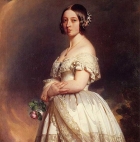
Victorians
ArticleClick to view -
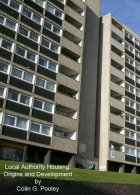
Local Authority Housing
ArticleClick to view -

Churches as a local historical source
ArticleClick to view -

Year 7 explore the story of a London street
ArticleClick to view -
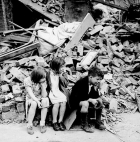
Case study: Creative approaches to learning about the Bristol blitz
ArticleClick to view -

English Heritage and Historical Association Local Heritage Project
ArticleClick to view -

Using museums, libraries and art galleries
ArticleClick to view -

Creating a school museum
ArticleClick to view -
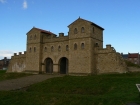
Visits and Museums
ArticleClick to view -

Chronology and local history: Year 6
ArticleClick to view -
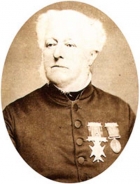
Shropshire's Secret Olympic History
ArticleClick to view -

Local History and the 2012 Olympics
ArticleClick to view -
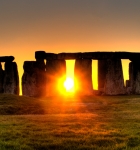
A local history toolkit
ArticleClick to view -

The History around us: Local history
ArticleClick to view -
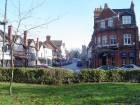
A Local Study
ArticleClick to view -
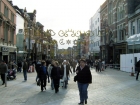
Urban spaces: inner-city Leeds
ArticleClick to view -

Learning to engage with documents through role play
ArticleClick to view -

Using classic fiction to support the study of childhood in Victorian times
ArticleClick to view -

Local history: young children using written, printed and multimodal sources
ArticleClick to view

